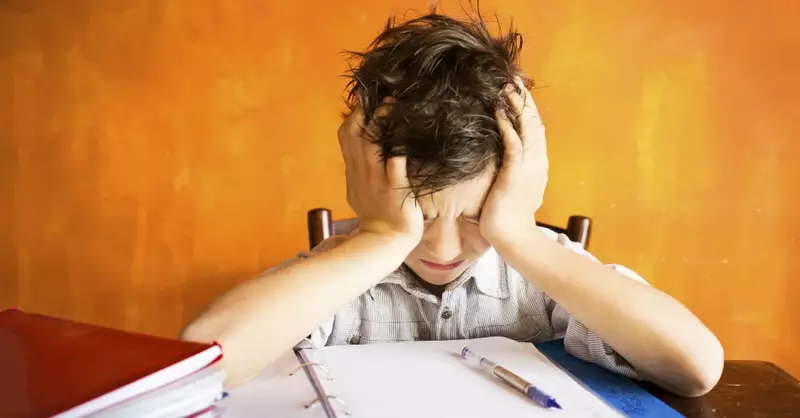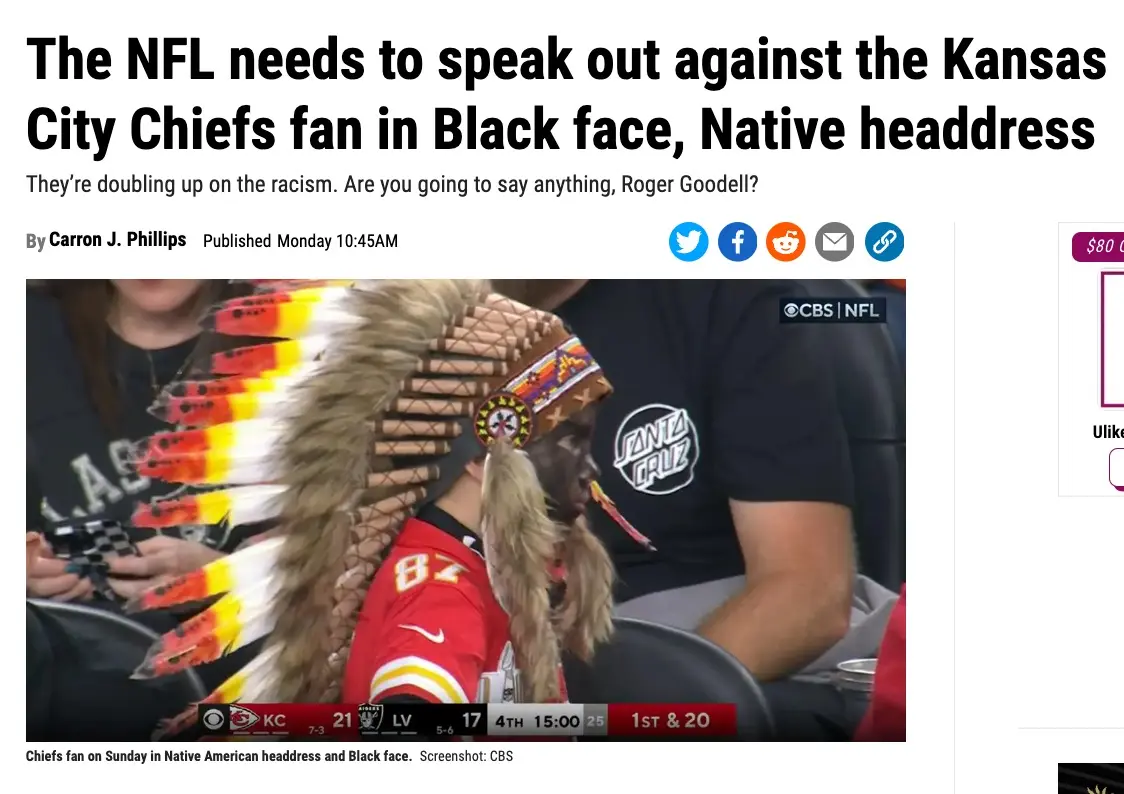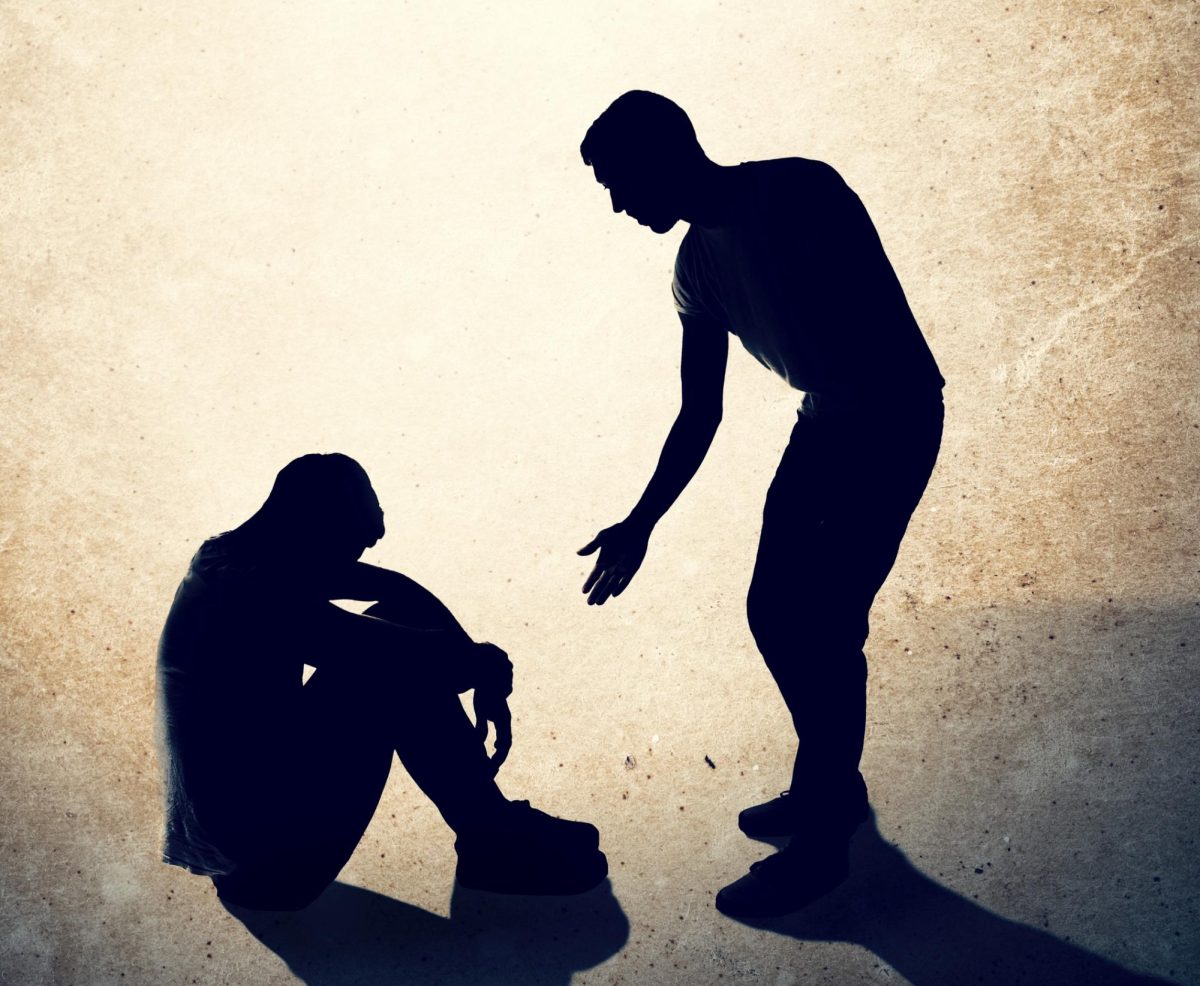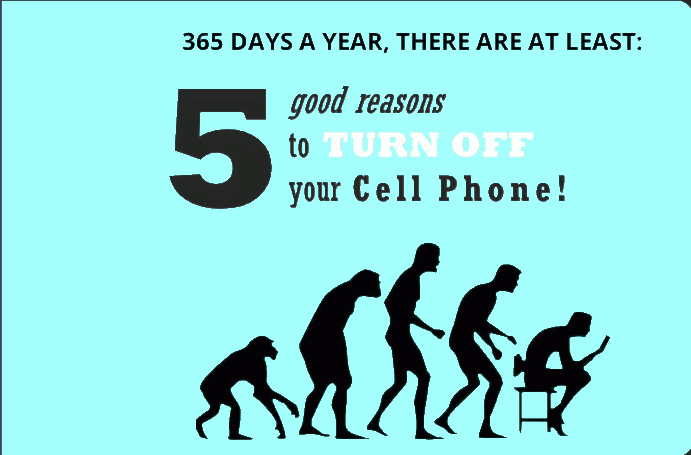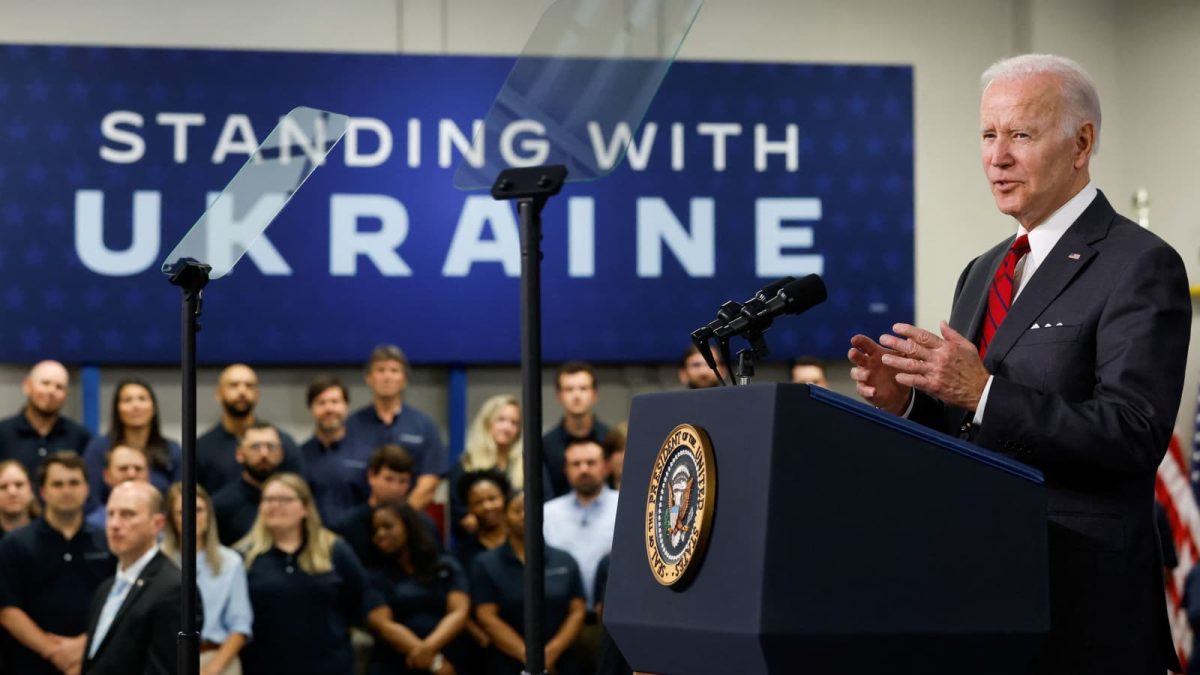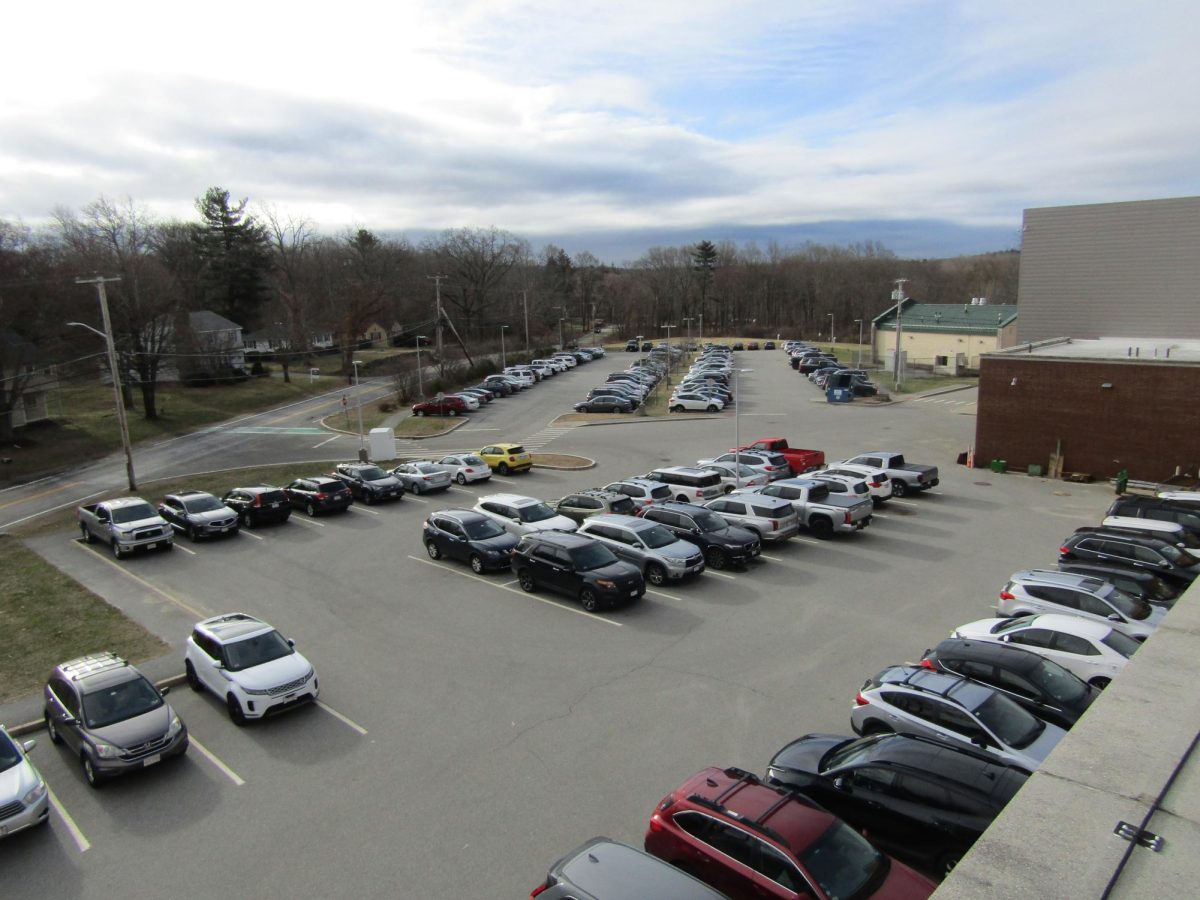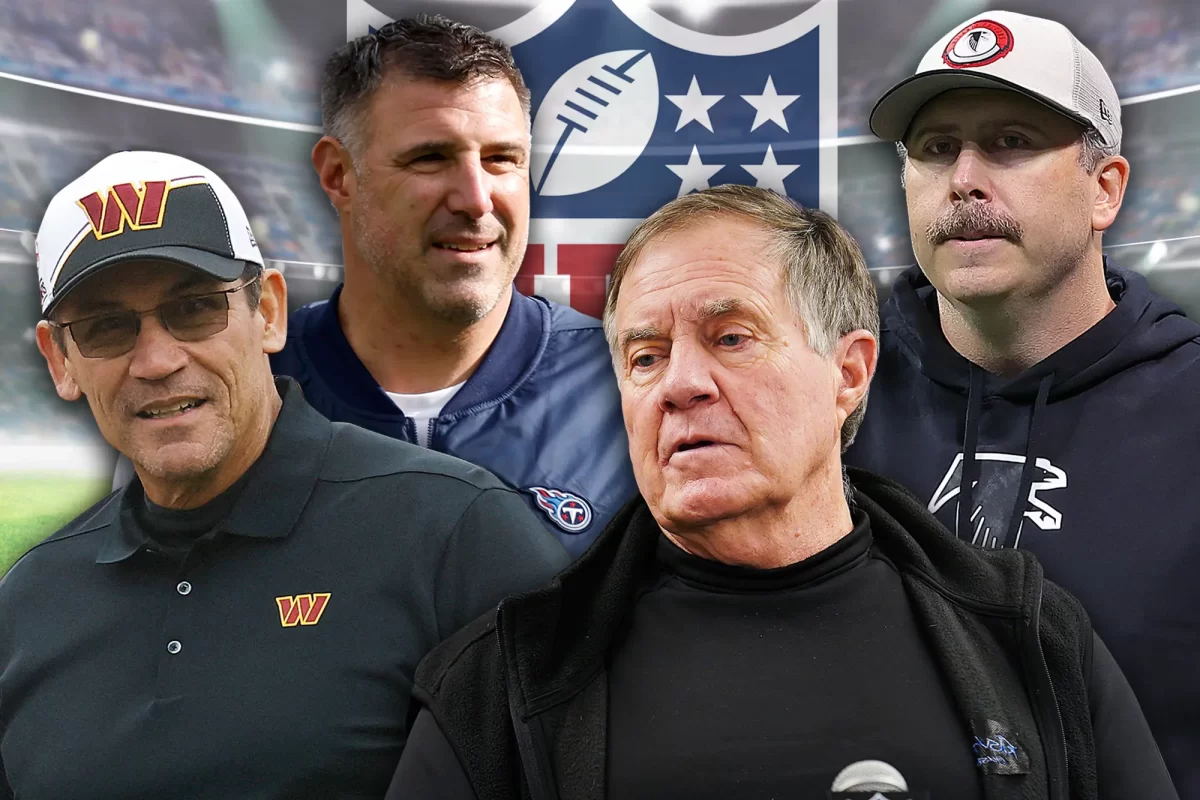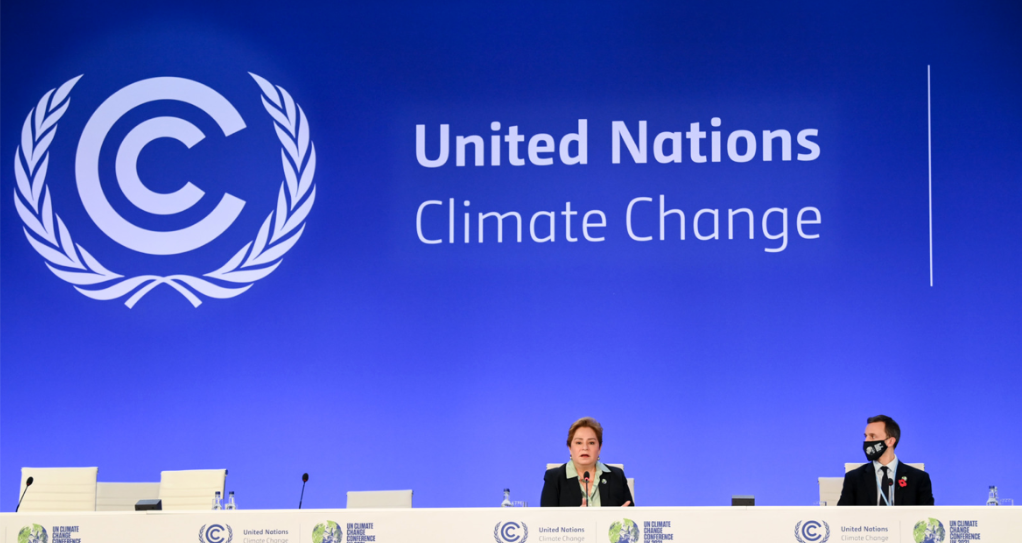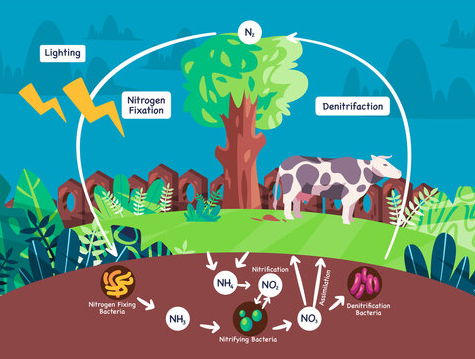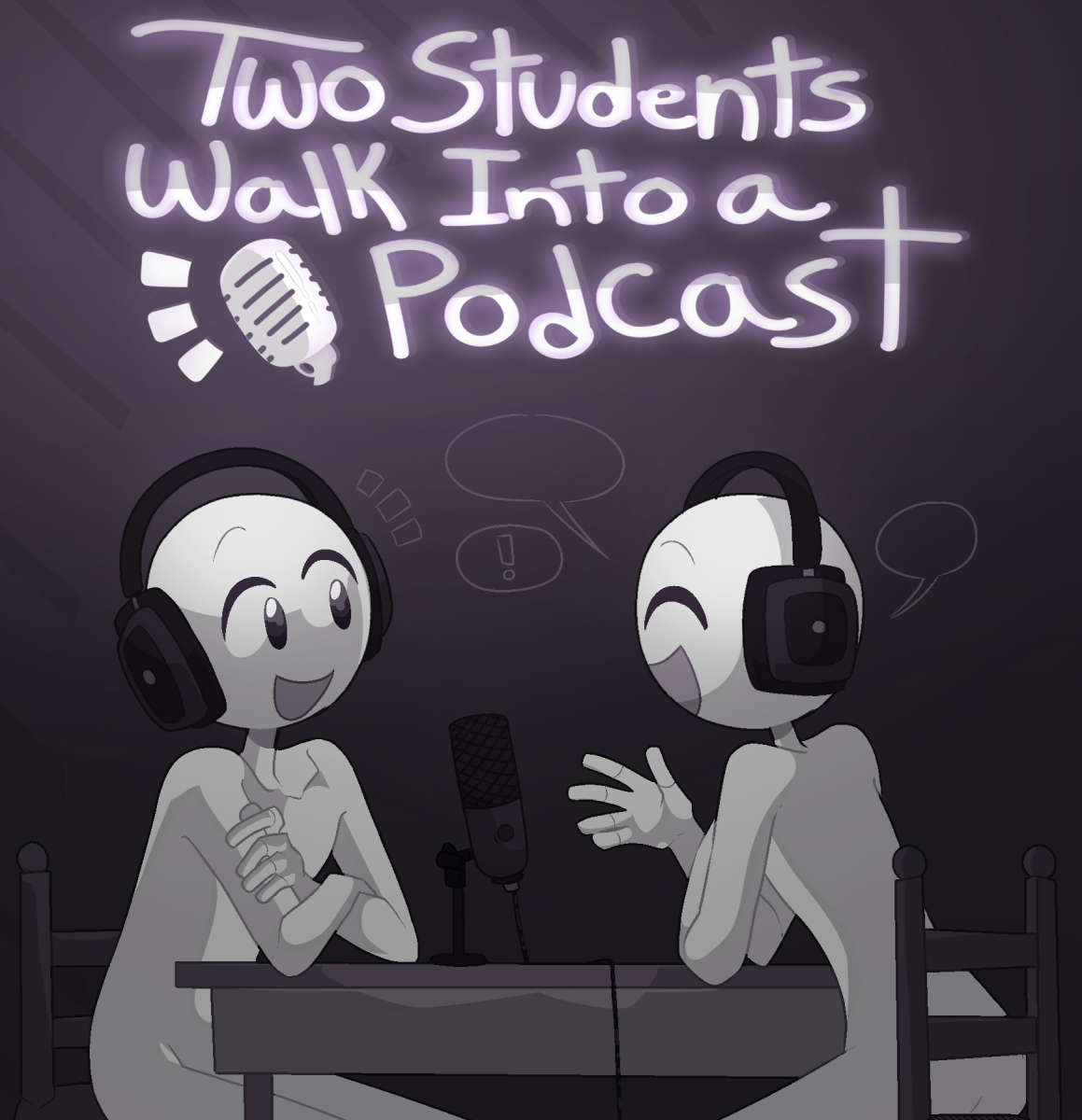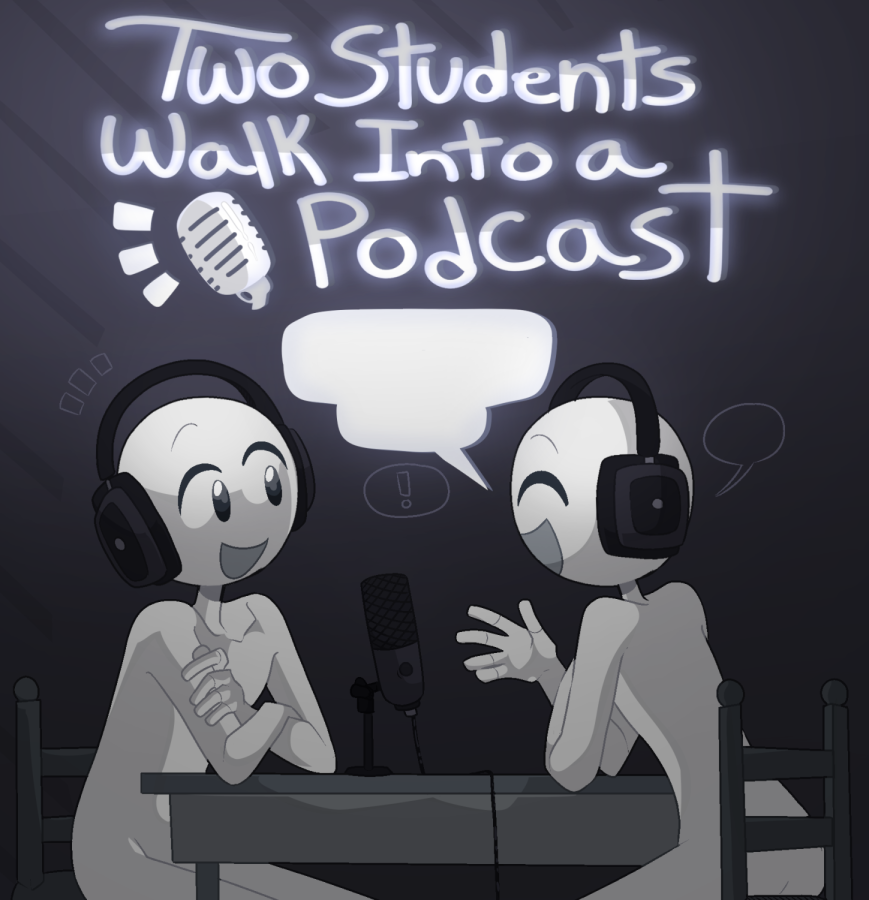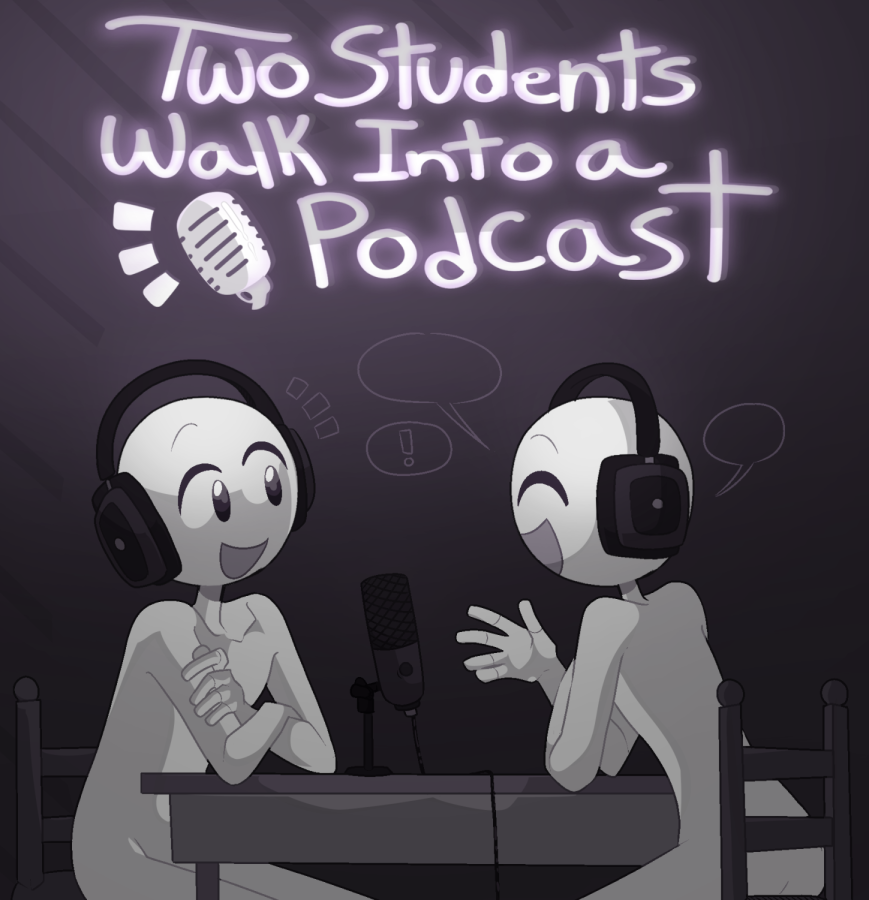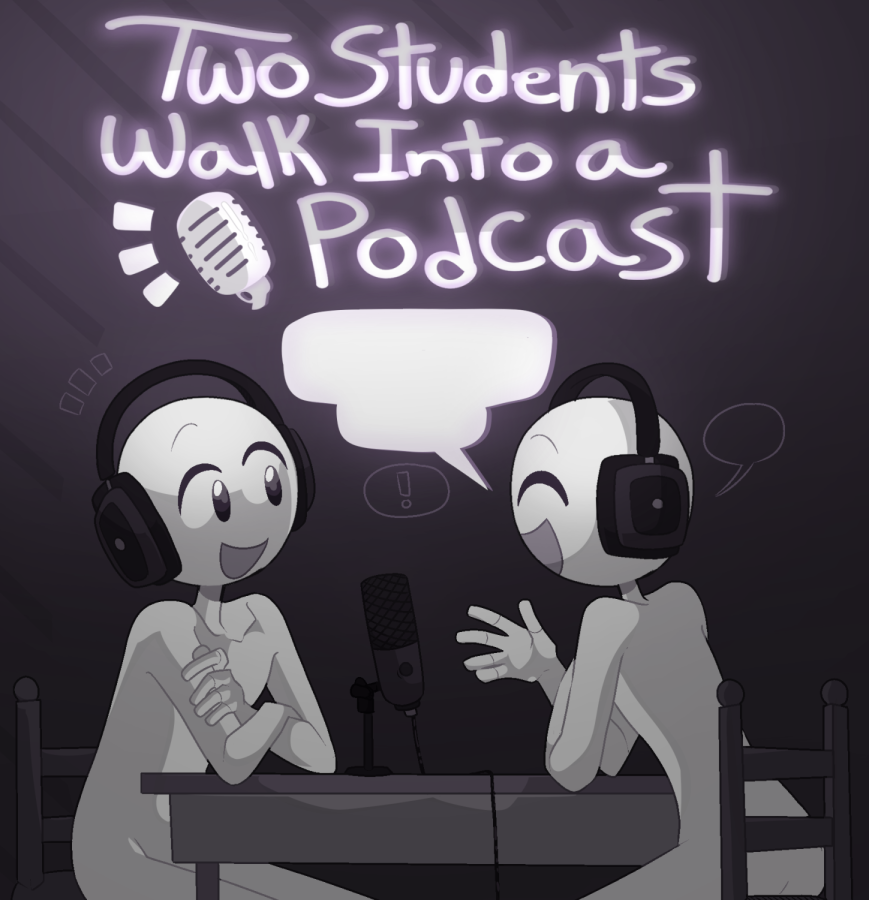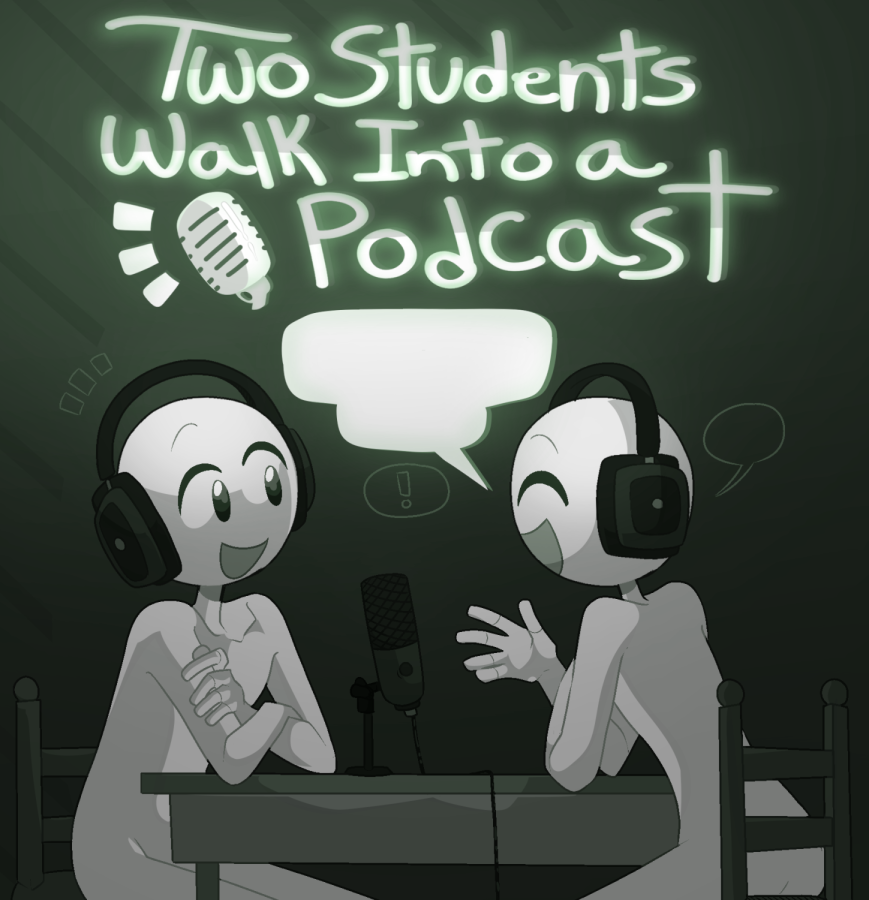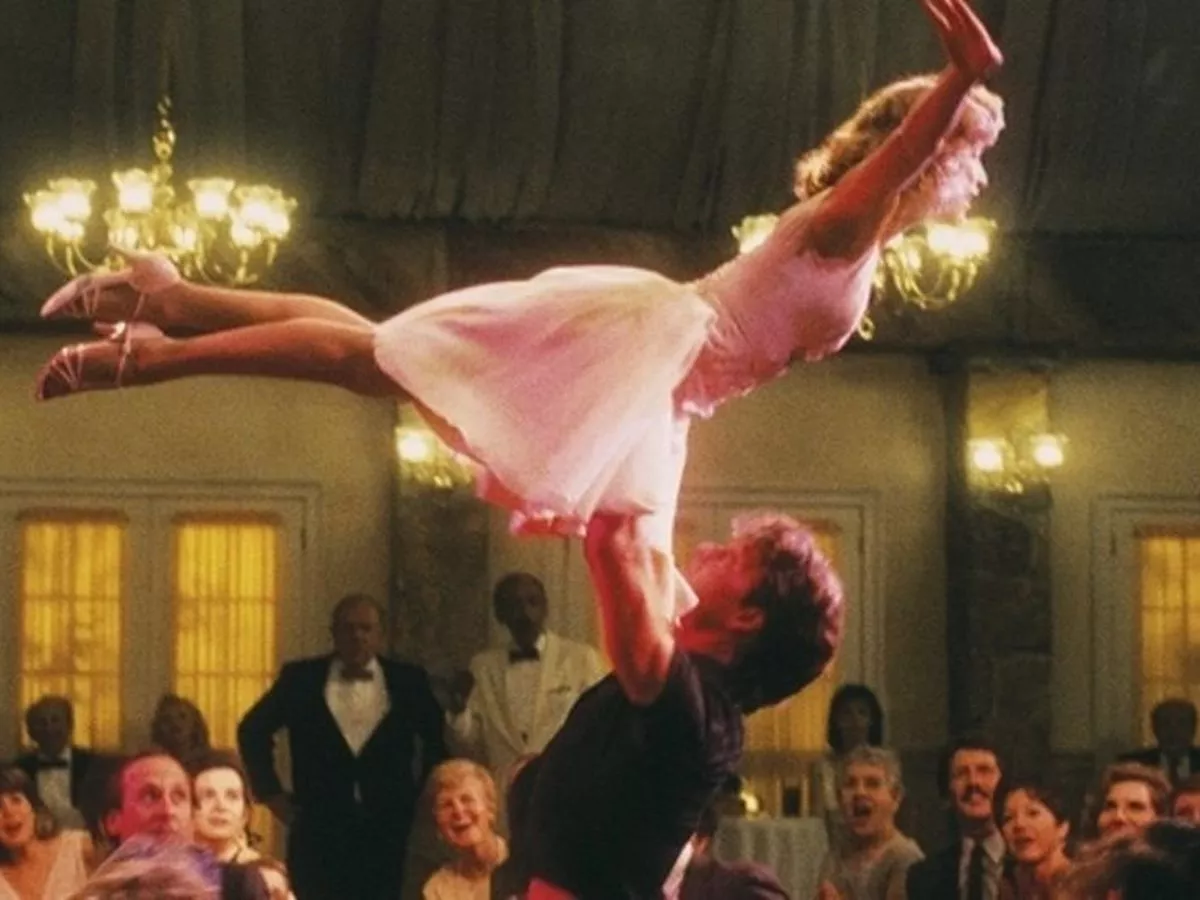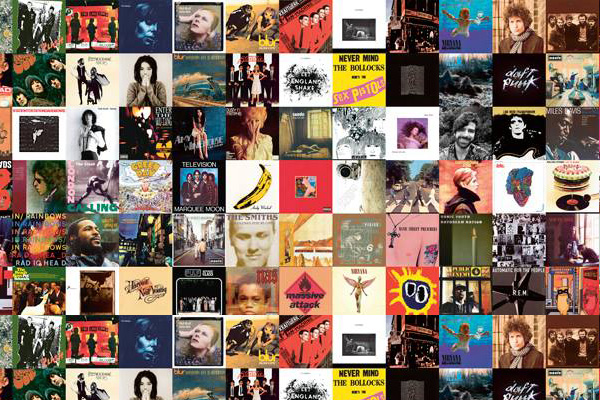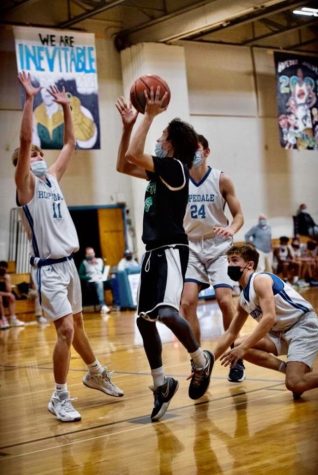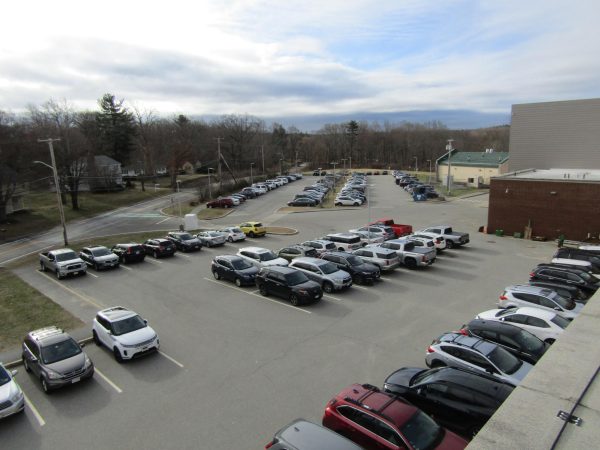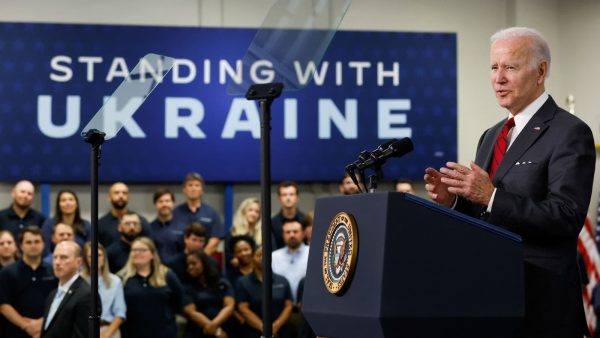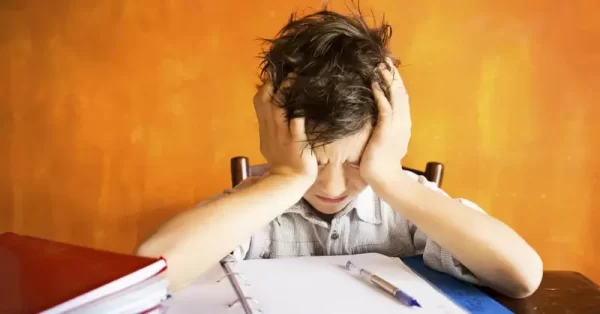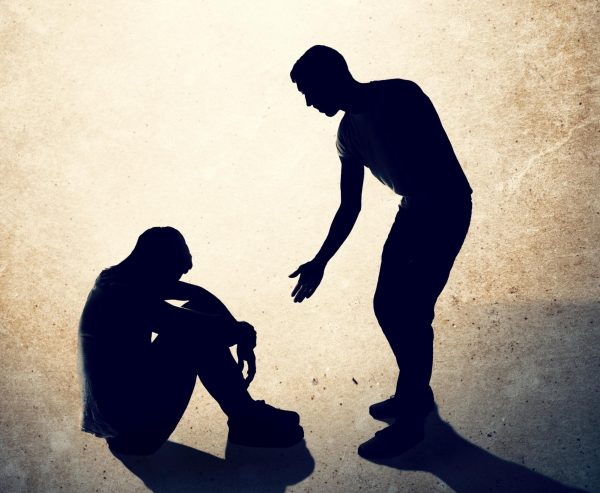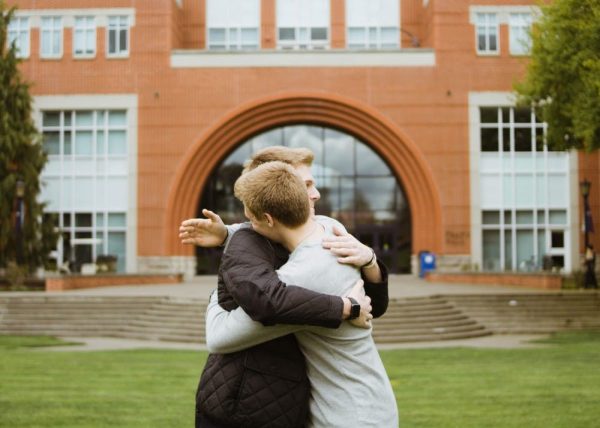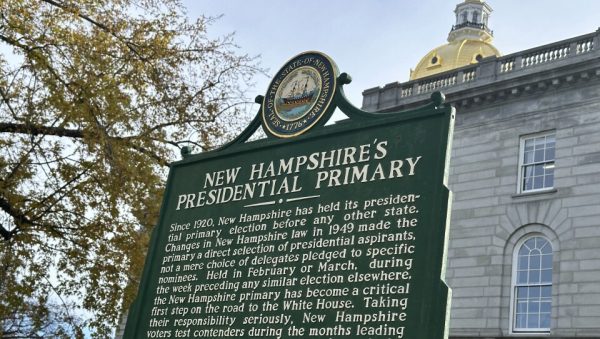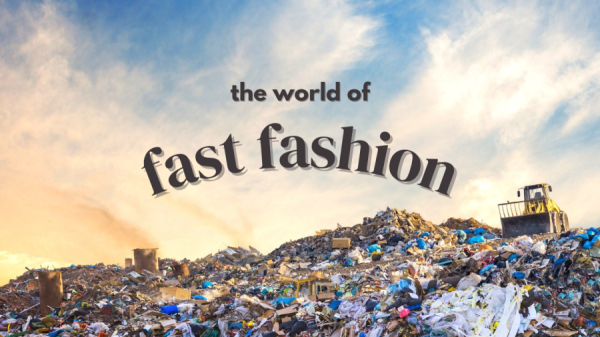Guns in Schools: Assisting and Supporting Victims
It takes more than just dealing with it
PTSD affects a larger portion of the population than you might suspect
June 15, 2023
We have plenty of mishaps and terrible situations in schools, and some of the worst are school shootings. The world talks about it for weeks, months and even years.
Meanwhile, the victims, and their families suffer daily. Shootings completely destroy the communities that they happened in, and even those around them. Those who suffer from the loss of a family member or a friend, and especially the victims carry the trauma for the rest of their lives.
It’s very important to remember all these shootings, and acknowledge the pain which the people affected by them go through.
PTSD (Post Traumatic Stress Disorder) is a result of stressful situations. Those who suffer from this get extreme anxiety when something that reminds them of the stressful experience occurs. 28 percent of people who were there during a mass shooting get short term symptoms of PTSD, meaning that they get the same symptoms of PTSD, but for a shorter amount of time.
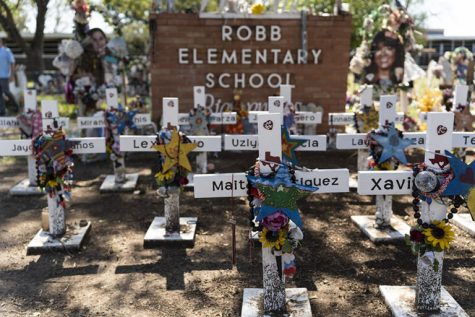
Did you know that 6% of people will suffer from a type of PTSD at some point in their lives?
The most common reason for PTSD for women are things like sexual assault, combat exposure, and shootings. As for men, it’s most common for them to get it from car accidents, physical assault, combat, or to witness death and or extreme injury.
Whether the illness is from a shooting or not, it’s very important for us to acknowledge them. So, the big question is–how can we help prevent this? If it’s not preventable, how do we assist and aid them during their struggles?
The most common treatment for PTSD is Cognitive Behavior Therapy, also known as CBT. This is a psychotherapy which consistently proves to be the most effective therapy for long and short term PTSD.
How does it work? First, the therapist gets to know the individual and their reasons for needing the therapy, then they identify or acknowledge troubling situations in their lives.
To understand the next step, we need to understand the idea of pathological lying. This may sounds like a rough way to describe a symptom of someone with PTSD, given that usually it is not their fault, but pathological lying simply means when someone constantly lies to themselves to avoid feeling stress. All humans do this, but people with PTSD often have more stress to avoid. This means they do it more often and to a greater extent.
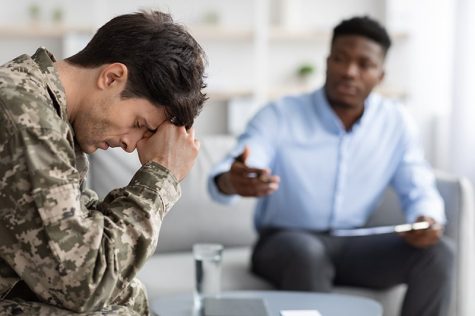
The next step is to identify or become aware of the thoughts and feelings that are accurate about the situation that caused the PTSD. There are many strategies that therapists use to open the door for someone to think clearly and truthfully. Cognitive Behavior Therapists are actually meant to make you speak the truth to yourself.
The next step would be to identify the negative and untruthful thoughts. Have you ever done something by accident, or picked the wrong decision in something; then felt very guilty for it? This is the constant feeling for those who suffer with PTSD. 60% of people with this mental illness blame themselves even when there is nothing they can do. This is why the third step is to remove all the inaccurate thinking.
The fourth step is to then shape negative thoughts into nothing but the truth. Then people can accept the truth. Without the truth, there cannot be healing.
Finally, love them. People with PTSD (and, for the purposes of our Guns in School series, those that have gone through a school shooting) are still people and need to be loved. Help them deal with their fears, help them cope with what happened, but remind them that they matter.
We may never stop school shootings, but we also should never stop trying. When we fail, we must love those that are suffering and put an effort forth to help them recover.


